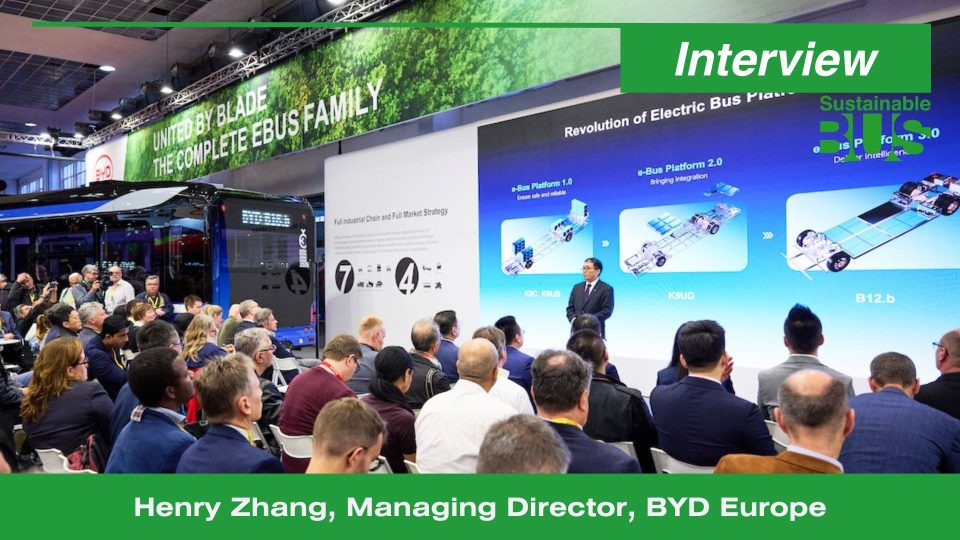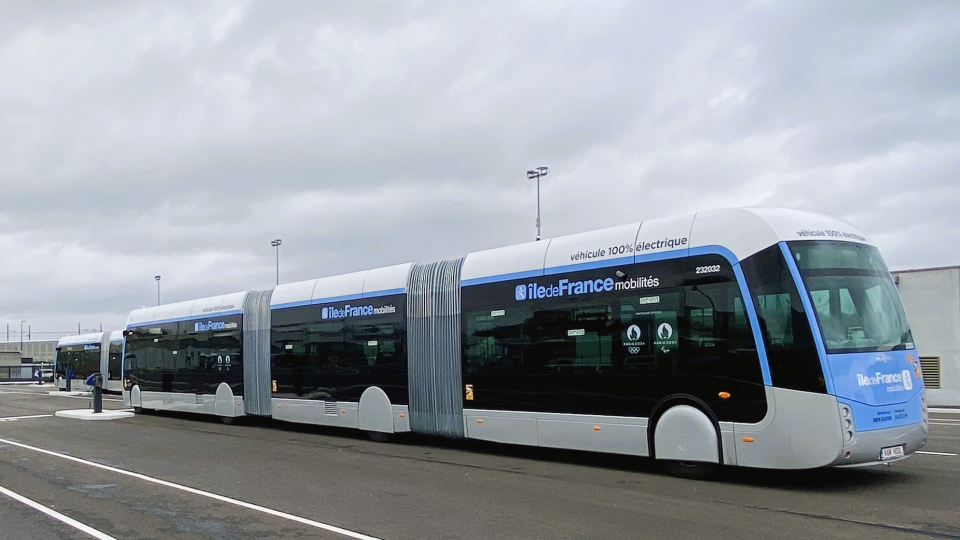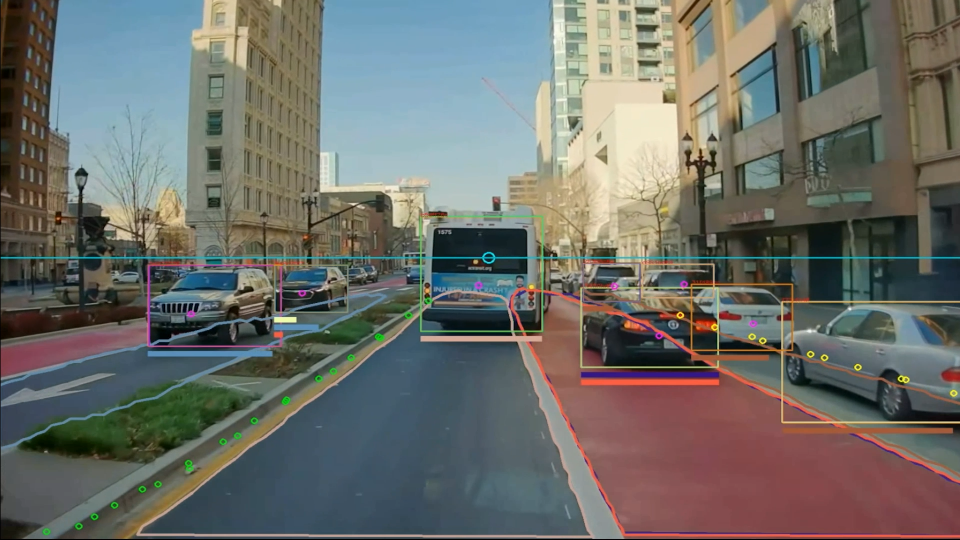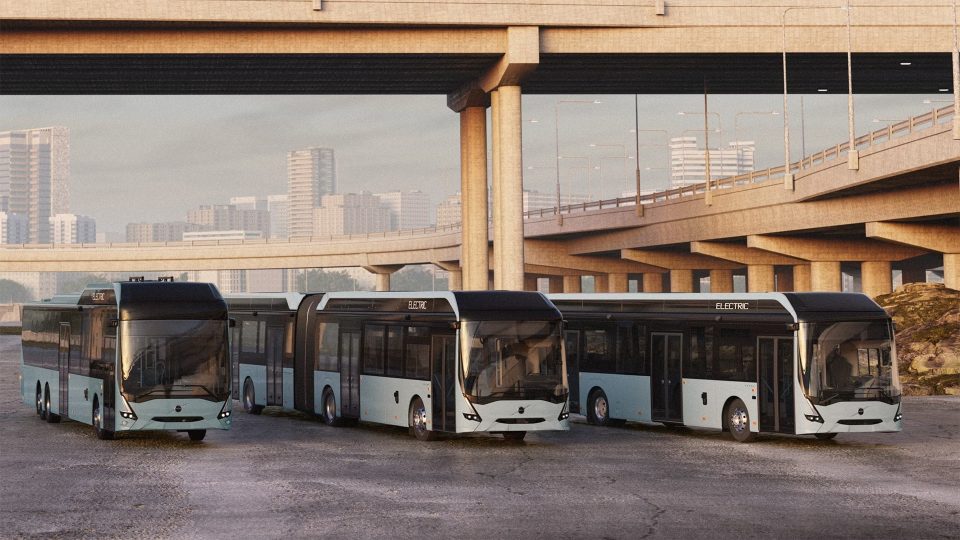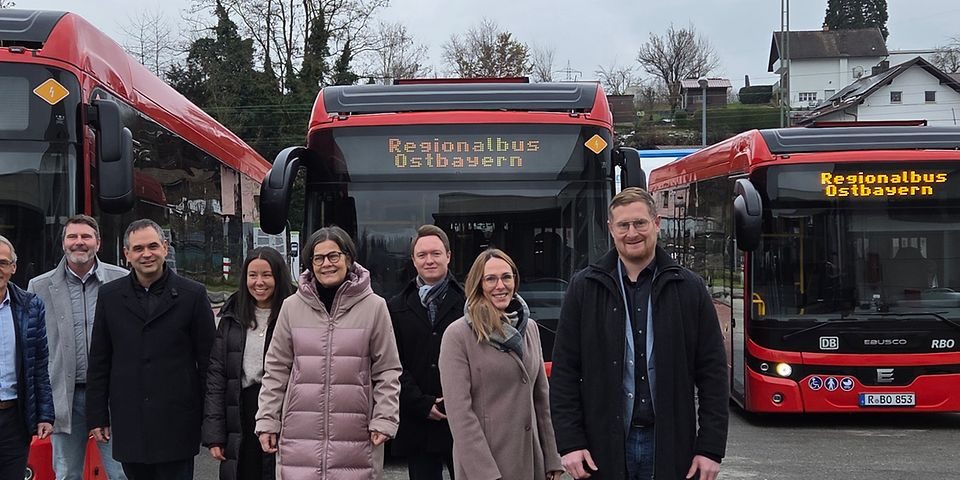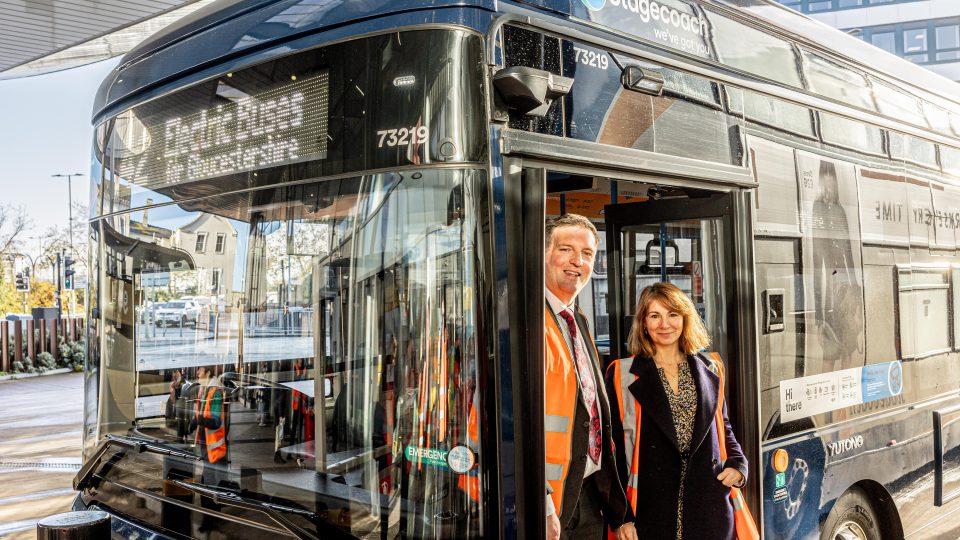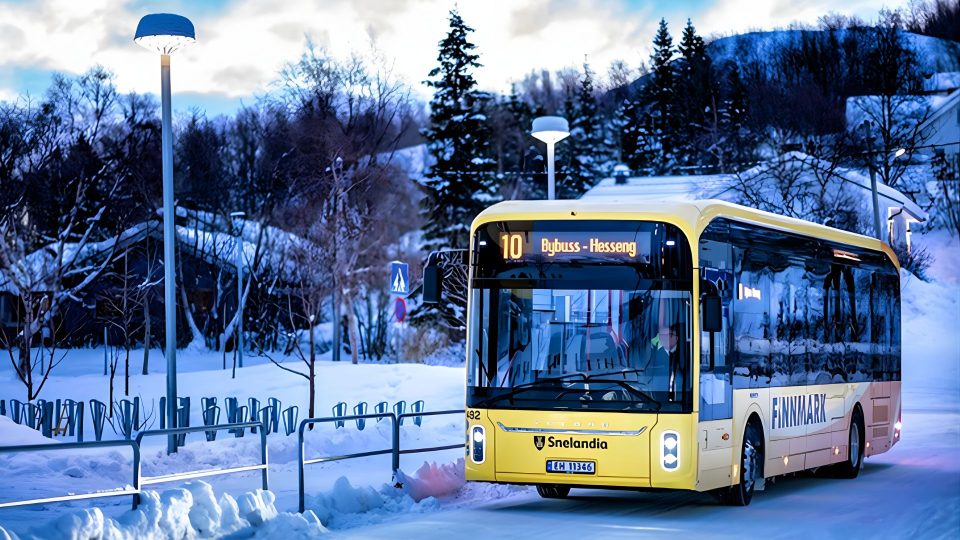USA, EPA funds purchase of 2,400 zero emission heavy-duty vehicles, with 70% of the investments for school buses
The U.S. Environmental Protection Agency announced that is funding the the purchase of over 2,400 zero-emission vehicles through its first-ever Clean Heavy-Duty Vehicles Grant Program. 70 applicants across 27 states, three Tribal Nations, and one territory have been tentatively selected to receive over $735 million. Approximately 70% of the selections will support the purchase of […]

The U.S. Environmental Protection Agency announced that is funding the the purchase of over 2,400 zero-emission vehicles through its first-ever Clean Heavy-Duty Vehicles Grant Program. 70 applicants across 27 states, three Tribal Nations, and one territory have been tentatively selected to receive over $735 million.
Approximately 70% of the selections will support the purchase of clean school buse. These projects complement EPA’s Clean School Bus program through the President’s Bipartisan Infrastructure Law, which has awarded nearly $3 billion for nearly 9,000 clean school buses to date. Last rebate in spring 2024 awarded 3,400 clean school buses (92% electric) in 530 districts.
Proposed replacement vehicles include, EPA states in a note, “battery-electric box trucks, cargo trucks, emergency vehicles, refuse/recycling haulers, school buses, shuttle buses, step vans, transit buses, utility vehicles, and other vocational vehicles, as well as a small number of hydrogen fuel cell transit buses. In addition, the Clean Heavy-Duty Vehicles Grant Program also funds zero-emission vehicle fueling infrastructure (e.g., electric vehicle charging stations), as well as workforce development and training”.
Clean heavy-duty vehicles subsidies in USA
Given the strong push by the current administration to zero emission vehicles, electric school buses are gaining more traction in the North American bus market: according to forecasts dating back to 2022, 27,000 units are to be built in ten years in the US. It is worth mentioning that New York City school bus fleet must be fully electric by 2035.
EPA’s Clean Heavy-Duty Vehicles Grant Program, created by President Biden’s Inflation Reduction Act, will replace existing internal combustion engine heavy-duty vehicles with zero-emission vehicles, while also supporting the build out of clean vehicle infrastructure, as well as the training of workers to deploy these new zero-emission technologies.
“Thanks to President Biden, we are accelerating American leadership in developing clean technologies that address the impacts of climate change,” said EPA Administrator Michael S. Regan. “Together, the Clean Heavy-Duty Vehicles Grant projects announced today will slash air pollution and enhance the country’s infrastructure for cleaner transportation solutions, creating good-paying jobs along the way.”
“To tackle the climate crisis, we have to slash pollution from every sector, including heavy-duty transportation,” said John Podesta, Senior Advisor to the President for International Climate Policy. “Today’s awards from the EPA will create good-paying jobs, make our communities healthier, and protect our planet.”
“From zero-emission freight vehicles to clean school buses for kids, the Biden-Harris Administration is advancing the next generation of clean transportation that will help reduce pollution and make our nation’s cities and communities healthier,” said White House National Climate Advisor Ali Zaidi. “When paired with our investments in zero-emission port infrastructure and freight corridors, this Administration’s sector-wide approach to decarbonizing transportation is delivering economic, social and environmental benefits to communities in every corner of the country.”
Who will receive the funding? Some examples
Selected Clean Heavy-Duty Vehicles Grant Program examples include, the EPA’s words:
- Boston Public Schools has been selected to receive an anticipated $35,079,653 to replace 125 Class 7 heavy-duty diesel and propane school buses with new, zero-emissions electric units, as well as charging provided by 125 Direct Current Fast Chargers, with advanced load management and sharing capability.
- Saint Louis Public Schools has been selected to receive an anticipated $10,128,735 to replace 30 Class 6/7 diesel buses with Class 6/7 zero-emission buses to reduce the district’s emissions of nitrogen oxides, particulate matter, and greenhouse gases. The project will directly improve the air quality for students, staff, and community members and reduce district transportation costs. In addition, the district plans to leverage a public private partnership with Highland Electric Fleets (Highland) to ensure cost-effective use of EPA funding and successful implementation of the project.
- North Central Texas Council of Governments has been selected to receive an anticipated $60,000,000. NCTCOG will award rebates to program beneficiaries to replace approximately 234 vocational vehicles with 234 zero-emission vehicles. Specific projects will be identified through a Call for Projects to select rebate recipients. Based on a regional fleet survey conducted to inform this proposal, NCTCOG expects the fleet mix to consist mainly of box trucks, step vans, and refuse haulers; most new vehicles will be battery electric with a few hydrogen fuel cell vehicle pilot projects. Each project is expected to include supporting infrastructure. NCTCOG will also develop a regional ZEV workforce development plan, implement priorities identified through the plan and host first responder training specific to ZEV.
- Shakopee Mdewakanton Sioux Community has been selected to receive an anticipated $190,000. SMSC will use grant funding to replace its laundry truck with an all-electric alternative. It has existing charging infrastructure onsite that can be used while it waits for new charging infrastructure to be installed closer to where the vehicle will be parked, enabling the new truck to be in service as quickly as possible.

